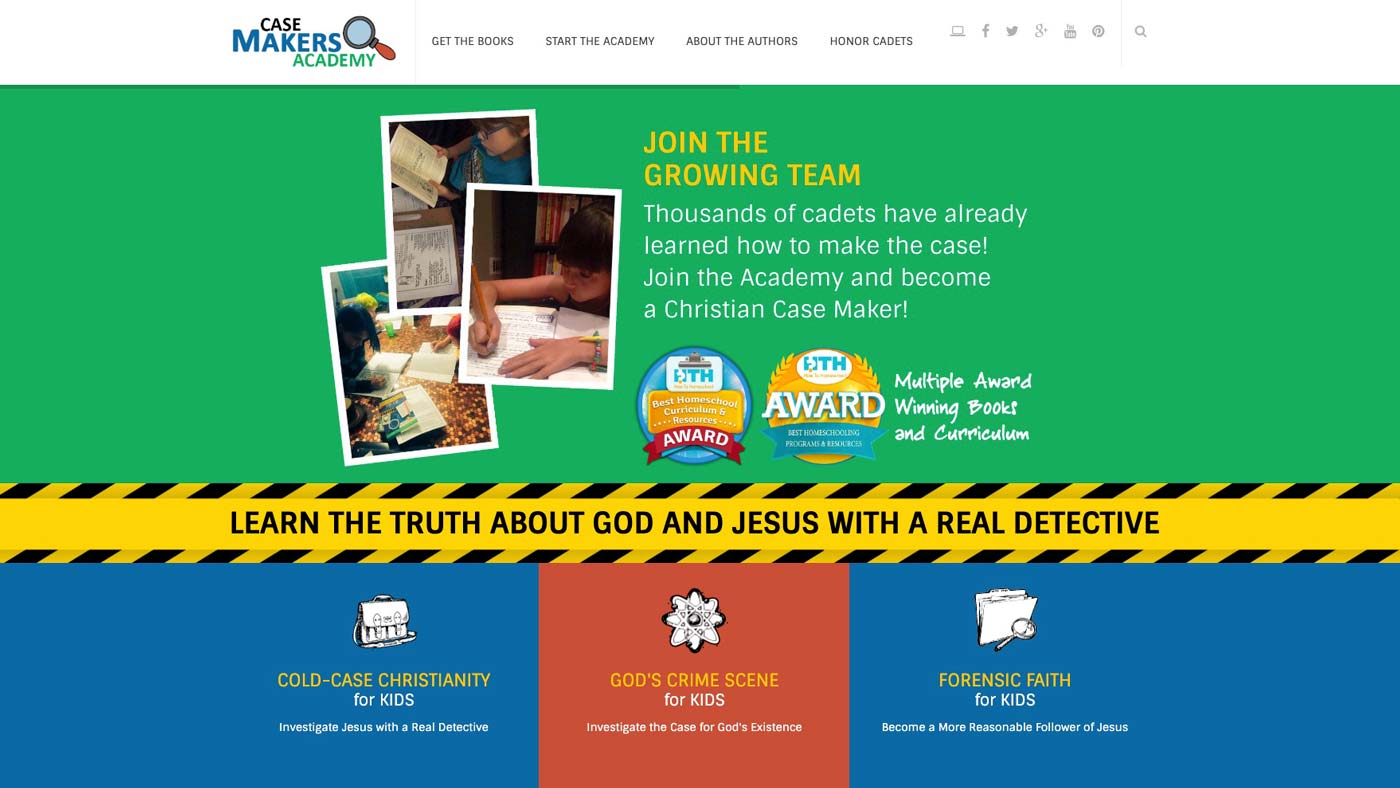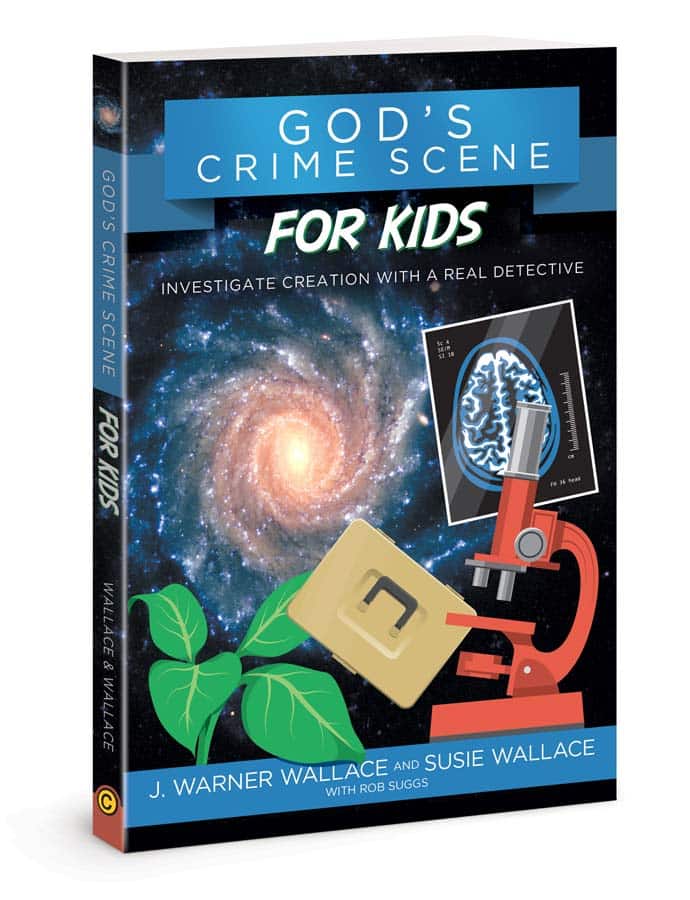It’s never been easy to follow Jesus. He promised that. But doesn’t it seem like it’s getting harder?
As you look at the kids in your ministry, you know they’re going to face a world that puts every possible obstacle in the way of Christian faith.

In a few short years, the little ones who eagerly answered “Jesus!” to every question are going to be questioning His very existence.
This can actually be a good thing. As ministry leaders, it’s not our job to stifle doubt (in fact, that can be deadly).
Instead of running from tough faith questions, anticipate them! That’s the theme of Sean McDowell and J. Warner Wallace’s new book, So the Next Generation Will Know: Preparing Young Christians for a Challenging World.
This book is full of takeaways for kids’ ministry. Here’s one insightful idea you can start using right now:
Teach two WHYS for every WHAT.
The rest of this article unpacks this idea with an excerpt from the book.
As pastors, parents, and educators, we’ve all explained what is true to our young people.
What do we believe about God? What are the claims of Christianity? What does the Bible teach about important moral issues? Most of us have engaged these topics at church, home, or school.
But simple propositions about the nature of God or the claims of Christianity may or may not ignite a fire in our young people.
That’s why we suggest taking two additional steps. For every what you offer the young people in your life, be sure to add two whys.

WHY is the claim you’re making true?
First, why is the claim you’re making true?
When teaching about the nature of God, for example, it’s tempting to default to “because the Bible says so” when a young person asks us to defend a claim.
But take the time to explain the philosophical or evidential support beyond the teaching of the Bible.
Why is the Bible’s definition of God as an eternal, all-powerful, uncreated Creator evidentially reasonable? Why does the Bible’s definition of God make sense?
>>Not sure how to present evidence for God to kids? Check out the resources at the end of this post.
Young people want to know why we believe what we believe. If we want them to get excited, we need to help them see that the Christian worldview is reasonable and evidentially true.
WHY does this matter?
Next, help young people understand why any of this should matter to them.
Once we’ve described what is true and why it’s supported by the evidence, take the time to explain why they should care in the first place.
How does this truth impact their lives? How does it change the way they view themselves or the world around them? How does this truth guide or protect them?
This simple approach—two whys for every what—can change the way we preach, teach, or counsel the young people in our lives.


Written by two trusted influencers and experts on today’s youth, So the Next Generation Will Know is an extraordinarily practical tool for anyone equipping the next generation with a biblical worldview—ultimately empowering them to spread the gospel on a global scale.
If you’re raising, teaching, or pastoring Generation Z, this book was written for you. Backed by the latest research and filled with ideas for activities and teaching methods, this powerful guide shows how to share biblical truth with a global generation that desperately needs to hear it.
More teaching resources for kids from J. Warner Wallace

This website will help kids ages learn the truth about God and Jesus with a real detective.

Cold-Case Christianity for Kids
Between the ages of 8 and 12, kids often start to wonder if Christianity is true.
In Cold-Case Christianity for Kids, detective J. Warner Wallace draws readers into the thrill of high-stakes investigation by showing them how to think rather than telling them what to think.
In this children’s companion to the bestselling Cold-Case Christianity, detective Wallace gets kids excited about testing witnesses, examining the evidence, and investigating the case for Christianity.

In this companion to Cold-Case Christianity for Kids, Jason uncovers a mystery in his grandmother’s attic. He and his friends, Hannah, Daniel and Jasmine, enlist the help of Detective Jeffries at the Jr. Detective’s Academy.
Along the way, they develop the skills needed to investigate the mystery and the evidence of God’s existence. The cadets learn logical-thinking skills as they examine the contents of a mysterious box and the vast universe.

Detective J. Warner Wallace helps kids develop good investigative skills, so they can navigate tough questions about faith and share what they’ve learned with others.
As in their other Case Makers Academy books, J. Warner and Susie Wallace teach kids to think like detectives by reaching into their detective tool bag.
While they search for clues to the real owner of a lost puppy, the cadets learn how to be confident in sharing with friends the truth of their faith in Jesus.











